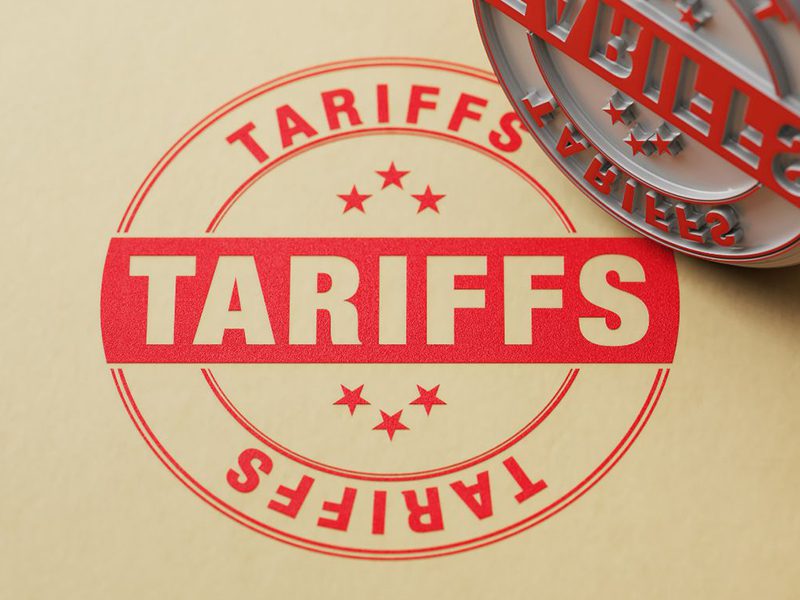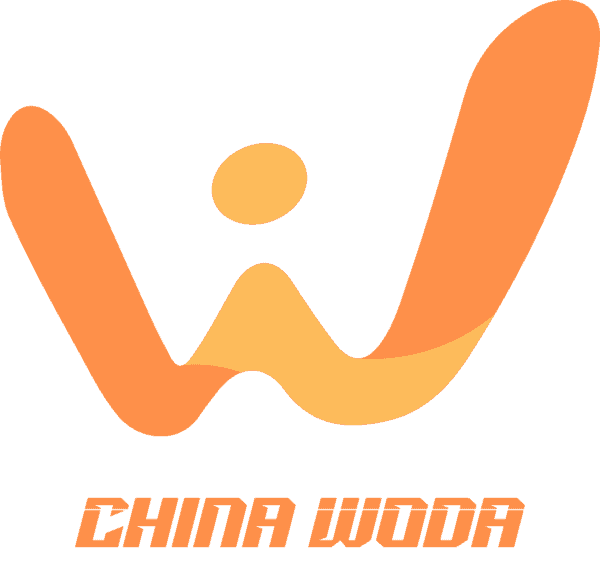As of early April 2025, Reuters reports that President Trump’s latest tariff regime—targeting over $460 billion in imports, including significant new measures on auto parts and steel—continues to reshape global supply chains.
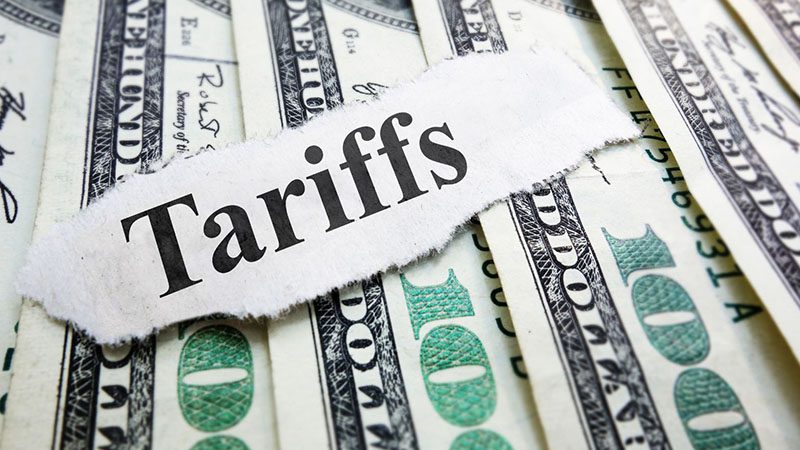
These developments are fueling market uncertainty and pushing automakers to rethink how they source and price parts.
In this article, we explore how these changes affect the automotive parts business and what industry players can do to adapt.
What Are Tariffs and How Do They Work?
Before diving deeper, let’s take a moment to understand what tariffs are.
Tariffs are import taxes placed on goods entering a country. They are typically calculated as a percentage of the product’s declared customs value.
For example, a 10% tariff on a $1,000 automotive part would add $100 in import duties. Governments use tariffs to protect domestic industries, respond to trade disputes, or control trade flows.
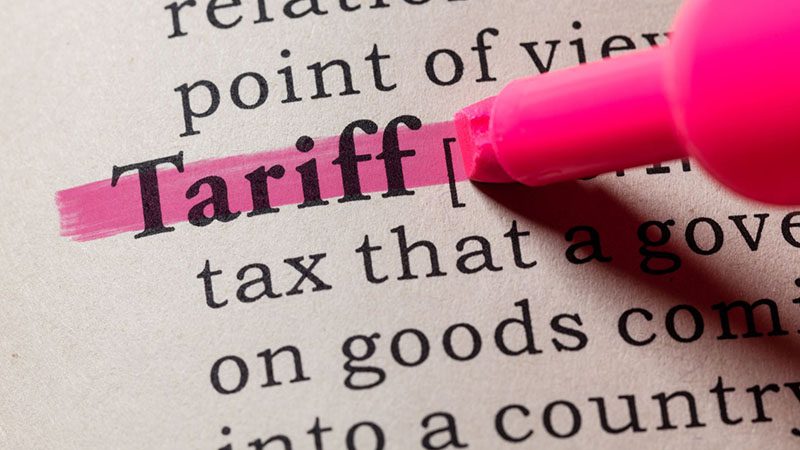
In the automotive sector, tariffs can apply to raw materials (like aluminum and steel) or finished components (such as crankshafts or turbochargers).
These extra costs are usually passed along the supply chain, affecting manufacturers, distributors, and end buyers. As a result, tariffs can influence decisions on where to source parts, how to price products, and which markets to serve.
Understanding the New Tariff Landscape
A Shift Toward Protectionism
Over the past few years, a series of tariff announcements have signaled a departure from decades of largely free international trade.
For example, as mentioned earlier, during his second term, President Donald Trump rolled out additional tariffs on imported automobiles and their key components.
With some as high as 25%, these tariffs hit both finished vehicles and core components like engines, transmissions, and electronics.
The aim is to protect domestic supply chains and boost U.S. manufacturing, though the ripple effects are felt around the globe.
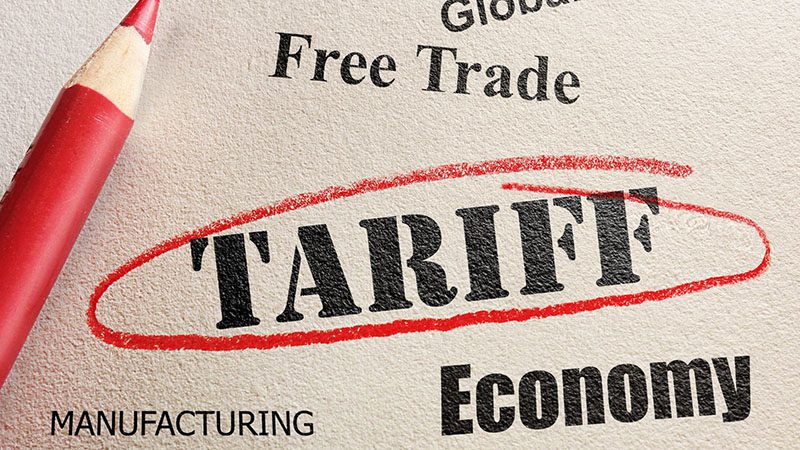
Global Impact and Key Regions
Tariffs from the United States have prompted reciprocal measures from several of its trading partners. In regions like Europe, Asia, and North America, industry players now contend with:
- USMCA Exemptions: While U.S. tariffs exempt a significant portion of goods complying with the U.S.-Mexico-Canada Agreement (USMCA), non-compliant components still face heavy levies. This increases the cost of sourcing parts internationally.
- Reciprocal Tariffs: Countries such as Canada, Mexico, and even EU nations have begun to impose their own tariffs on U.S. imports, complicating supply chains and increasing overall production costs.
- Sector-Specific Charges: Recent analyses indicate that tariffs on auto parts—by directly increasing the cost of imported components—have a knock-on effect across the production value chain
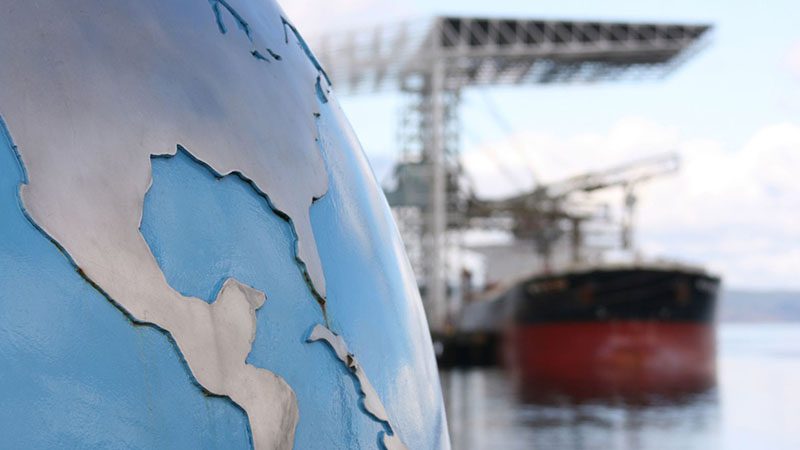
What This Means for the Automotive Parts Sector
The impact of these tariffs on the automotive parts business is already being felt across B2B markets:
- Higher Costs Across the Board: Import duties on engine components, sensors, and raw materials like aluminum and steel are driving up prices. Buyers are seeing noticeable increases in sourcing costs, especially for products that aren’t readily available domestically.
- Longer Lead Times and Delays: Customs bottlenecks and sourcing challenges from newly targeted countries mean delays are becoming more common, leading to inventory issues and disrupted production schedules.
- Sourcing Shifts: Companies are looking for alternative suppliers in countries that aren’t hit by new tariffs—often turning to flexible trading partners who can adapt quickly to market changes.
- OEM and Aftermarket Dilemma: Original equipment manufacturers and aftermarket players alike are caught in a balancing act between cost control and quality. Those without diverse supply chains are feeling the squeeze the hardest.
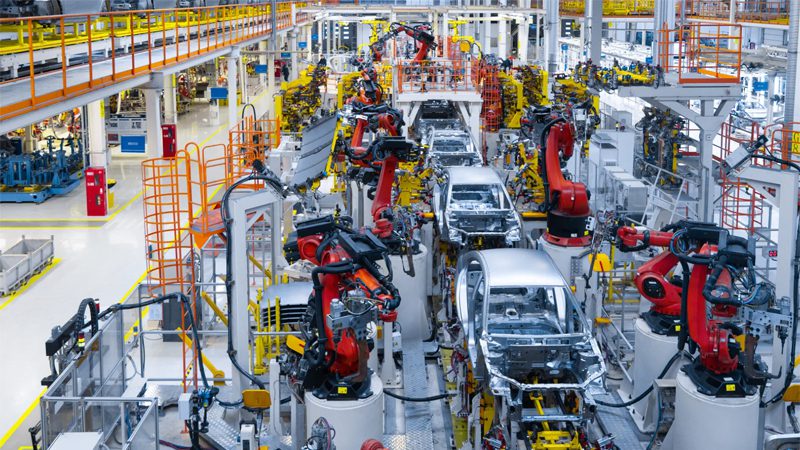
Who’s at Risk—and Who’s Adapting
Smaller and mid-sized parts distributors who depend heavily on a narrow group of overseas suppliers are most vulnerable right now.
Many are being forced to reconsider their sourcing strategies or risk losing competitiveness. On the other hand, Companies that stay flexible and work with seasoned international partners are gaining an edge in this volatile environment.
This shift has created an opportunity for global trading companies—especially those based in key manufacturing hubs like China—to step up and provide flexible, cost-effective solutions.
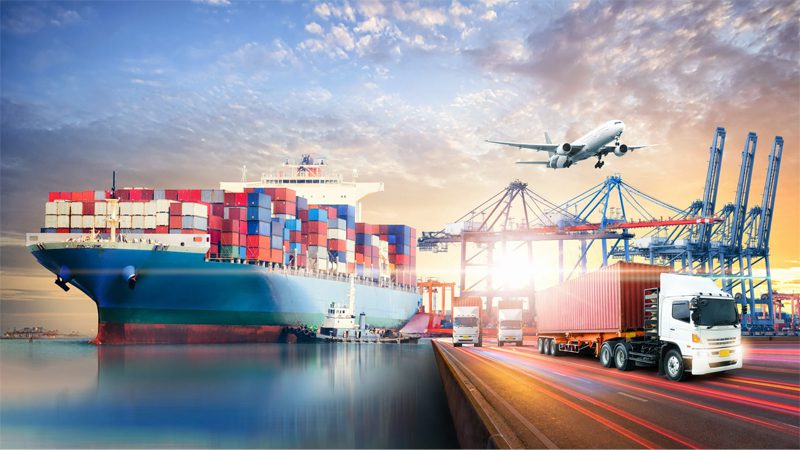
Strategies for Mitigating Tariff Impacts
Reshoring and Diversification
One of the long-term responses to tariff pressures is reshoring—or moving production back to domestic facilities.
While this strategy may reduce exposure to foreign tariffs, it often requires considerable capital investment and time before cost efficiencies can be realized.
Many companies are diversifying their supplier base, exploring multi-regional production facilities to avoid concentration risks while still maintaining quality standards.
Leveraging Trade Agreements
Manufacturers can work closely with trade advisory groups to ensure that as much of their input as possible qualifies under favorable trade agreements like the USMCA.
By increasing domestic content in their products, companies can significantly reduce the tariff liabilities on imported components.
This might involve negotiating joint ventures with local suppliers or investing in process improvements that boost the domestic share of production.
Hedging Against Price Volatility
Financial hedging—through futures, options, or other derivative instruments—can be an effective way for companies to manage the risk associated with sudden price changes due to new tariffs.
In an environment with high tariff-induced volatility, robust risk management practices become essential for sustaining profitability without compromising the supply chain.
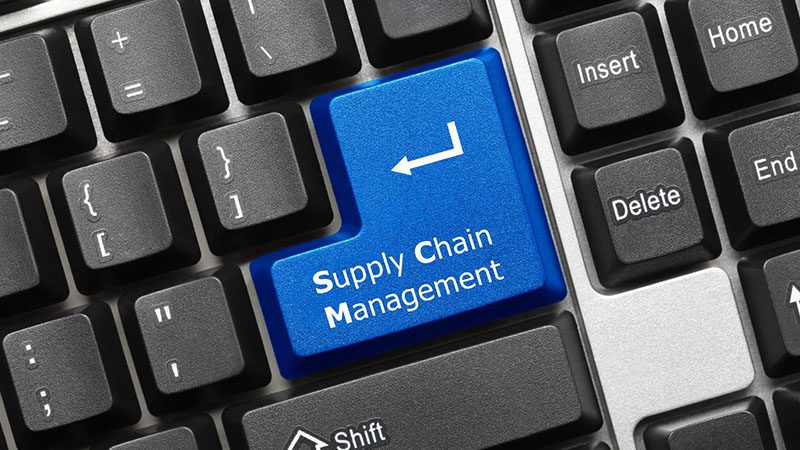
Looking Ahead
As global trade policies continue to evolve, companies in the automotive parts sector must remain agile.
Short-term shocks may give way to long-term adjustments in how parts are sourced and manufactured.
Industry stakeholders, from parts suppliers to end-product manufacturers, will need to collaborate more intensively with trade experts and regulatory bodies to negotiate the complexities of multiple tariff regimes.
Investments in technology and process efficiency will become critical as manufacturers strive to offset increased costs without sacrificing product quality.

With trade negotiations and potential changes in international agreements on the horizon, the automotive parts sector is likely to see both disruptions and opportunities.
Those companies that adapt quickly by leveraging alternatives—such as increased automation, reshoring, and strategic supplier partnerships—will be best positioned to maintain a competitive edge in an era of rising global tariffs.
How Nanjing Woda Auto Technology Helps You Navigate the Tariff Storm
Global tariffs have introduced unprecedented challenges to the automotive parts industry. However, when it comes to navigating these turbulent trade waters, Nanjing Woda Auto Technology Co., Ltd. offers unparalleled advantages.
As a leading trading company based in China, we leverage decades of experience and a robust local sourcing network to provide exceptional value in an environment dominated by tariff complexities.
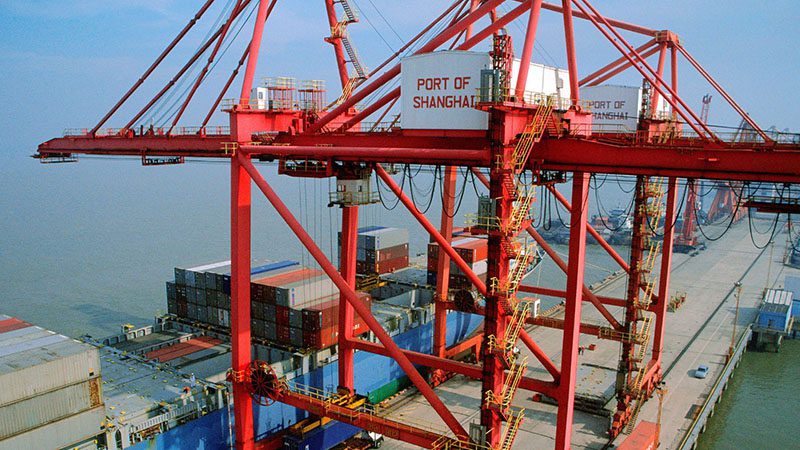
Why Choose Us?
- Unrivaled Supply Chain Expertise:
With our strong roots in China’s manufacturing ecosystem, we have direct access to high-quality engine parts and components at competitive costs. Our established relationships enable us to maneuver through tariff regulations with agility, ensuring that our buyers benefit from minimized tariff impact and efficient supply chain solutions. - Strategic Sourcing and Pricing:
Our in-depth understanding of both domestic and international tariff regimes allows us to strategically source products that comply with global trade requirements. We can adjust our sourcing mix quickly to meet changing market conditions—helping you maintain cost-effectiveness even as tariffs fluctuate. - Agile Trade Operations:
Our global trading platform is built to adapt swiftly. Whether it’s capitalizing on tariff exemptions under trade agreements or re-routing supplies to more favorable regions, our expertise ensures you receive timely, quality parts with minimized delays and controlled price increases. - Comprehensive Market Intelligence:
We continuously monitor the evolving tariff landscape and provide insights to help you make informed purchasing decisions. Our team of experts translates complex regulatory changes into clear, actionable strategies, empowering you to stay ahead in a competitive market.
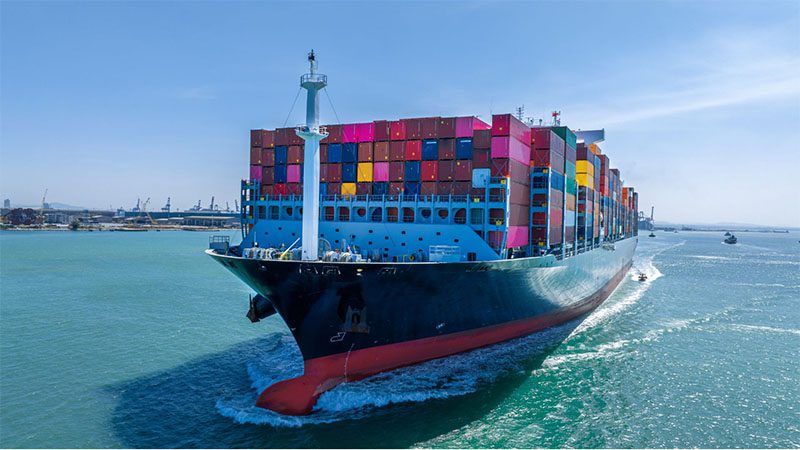
Partner with Woda
In today’s challenging global trade environment, the advantages of a China-based trading company are more valuable than ever.
By choosing Nanjing Woda Auto Technology Co., Ltd. as your trusted partner, you gain access to a seamless, strategically optimized supply chain designed to navigate and mitigate tariff-related risks.
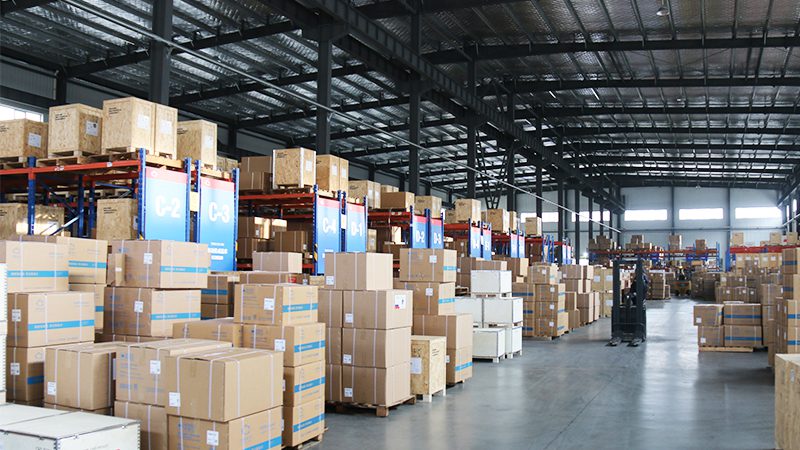
Ready to lower your costs and streamline your supply chain in a complex tariff landscape?Contact Us Today, Let Woda be your gateway to reliable, cost-efficient automotive parts that empower your business to thrive—even amid global tariff challenges.

